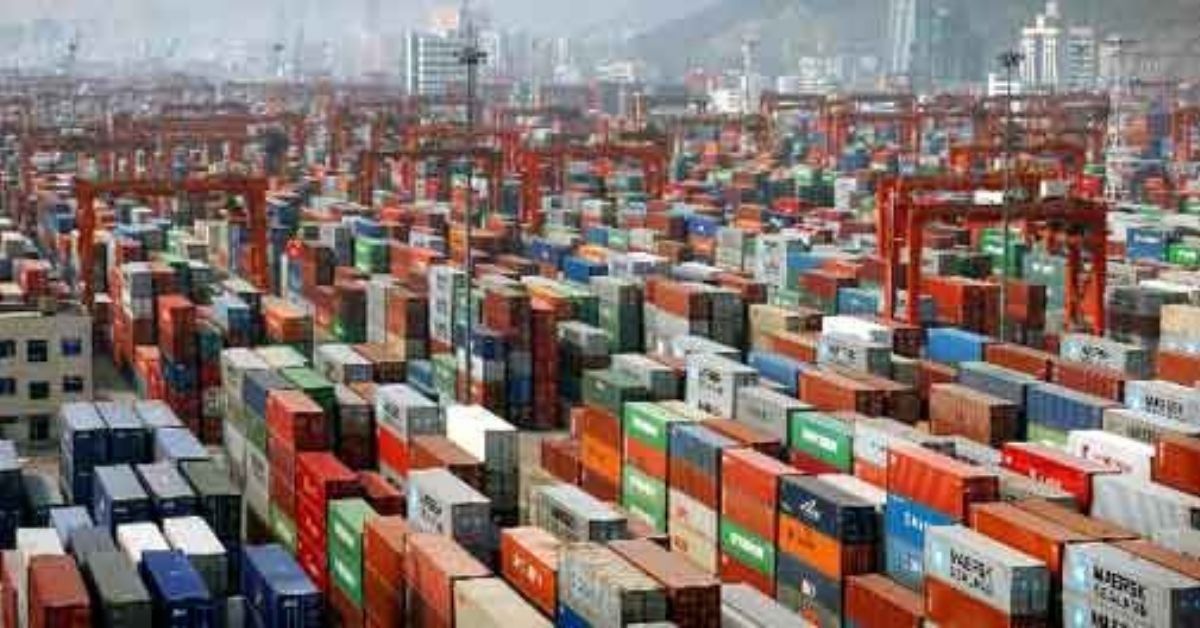The Bangladesh Bank last month allowed local businesses to maintain export retention quota (ERQ) in the Chinese yuan, a move that is expected to boost exports to China and encourage investment from the world’s second-largest economy.
This is the second move in less than seven months that the central bank took to boost trade with China. In September last year, the central bank permitted banks to maintain accounts in the yuan with their corresponding branches abroad.
According to businesses and bankers, this latest policy change could have several benefits for Bangladesh. Firstly, it could increase the competitiveness of Bangladeshi products in China by eliminating the need for Chinese importers to convert the yuan to other currencies.
Also, it could improve market access, diversify Bangladesh’s foreign currency reserves, and reduce its dependence on the US dollar.
The move may also attract Chinese investments and help to strengthen diplomatic relations by facilitating trade and increasing economic interdependence between the two countries.
Saiful Islam, president of the Metropolitan Chamber of Commerce and Industry, who had requested the central bank to maintain ERQ in the yuan, described the move as “very welcome”.
Although Bangladesh’s current exports to China are less than $1 billion, he believes the country has great potential to benefit from this move in the future.
He stated, “In the future, Chinese investments may flow in, and Bangladesh’s exports are likely to go up.”
Selim RF Hussain, managing director of Brac Bank and chairman of the Association of Bankers Bangladesh, shared a similar standpoint on the issue of low exports and high imports to and from China.
“It is a positive decision for some individual exporters who ship goods to China,” he said, adding that the benefits should be there and it has been given, which is a good decision.
Al Mamun Mridha, secretary general of Bangladesh China Chamber of Commerce and Industry, believes that the move to allow ERQ in yuan would encourage exporters and attract Chinese investments.
Ahsan H Mansur, executive director of the Policy Research Institute, also supported the decision, stating that it could be beneficial for those who export to China and attract more Chinese investments.
He, however, cautioned that the impact may not be immediate as Bangladesh’s exports to China are currently low.
Data show Bangladesh’s exports to China were only around $700 million against imports of over $15 billion in FY22.
Fazlul Hoque, an apparel exporter and former president of the Bangladesh Knitwear Manufacturers and Exporters Association (BKMEA), however, said the move will not bring any significant benefit as Bangladesh’s trade with China is heavily tilted to the latter.
What is ERQ?
Export Retention Quota or ERQ is the portion of foreign currency that an exporter can retain after repatriating the export earnings to Bangladesh. This amount can be used by the exporter for various purposes, such as importing raw materials or settling overseas payments.
Presently, exporters can maintain ERQ in the US dollar, euro, Japanese yen, and pound sterling. Now ERQ is allowed in the Chinese yuan.
How much exporters can retain in ERQ accounts
The ERQ is determined by the Bangladesh Bank and varies depending on the type of products and value addition. For example, exporters of raw jute and vegetable can keep up to 60% of their export proceeds in ERQ as their value addition is 100%.
On the other hand, readymade garment exporters can keep only 15% in ERQ accounts as their value addition is low.
Why ERQ in yuan can facilitate trade, investment
China granted duty-free access to 99% of Bangladeshi products in August 2022.
The country allowed the benefit under the Asia-Pacific Trade Agreement, which is a preferential trade agreement signed in 1975 among six countries of the Asia-Pacific region, including Bangladesh and China.
Allowing ERQ in the yuan could boost Bangladesh’s exports. China has an estimated $300 billion RMG market and if Bangladesh can tap 2%, it would be $6 billion.
Also, Chinese investments may increase because of the latest move.
Allowing local businesses to retain their ERQ in Chinese yuan could make it easier for Chinese companies to invest in Bangladesh, as they can now use their yuan reserves to finance their investments instead of having to convert them to other currencies.
Also, as Bangladesh is one of the fastest-growing economies in the region and has a large workforce, it is an attractive destination for Chinese investors looking for new markets and opportunities.
Bangladesh is also developing a Chinese Economic and Industrial Zone, which is the first specialised G2G economic zone, on an area of 781 acres near Chattogram port.
Once the economic zone is established, it is expected that there will be a huge demand for industrial plots, from potential investors in China.
Also, the shift of companies from China to other countries could benefit Bangladesh by attracting more foreign investments to the country. In recent years, many companies have relocated their manufacturing operations from China to other countries due to various reasons, such as rising labour costs, trade tensions with the USA, and China’s zero tolerance for the Covid-19 pandemic.
As a result, countries like Bangladesh, which have lower labour costs and preferential trade agreements with major economies, have the potential to become attractive destinations for foreign investors.








